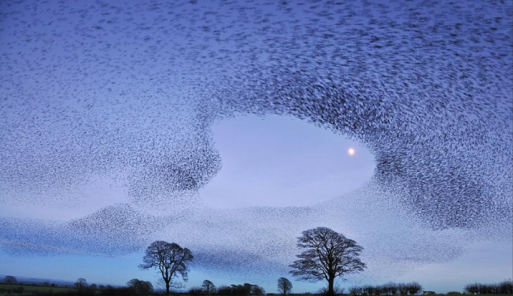So often we are conditioned to think of death as something tragic. And, undoubtedly, losing someone is heartbreaking. It shakes your entire world. It changes the way you move through your day to day. I had been, for many years, the sort of person who shied away from even discussing death. The thought of it brought forth anxiety and fear. Death had been — for me — something I preferred not to dwell on. But, more recently, I’ve begun to try and understand the idea of dying differently. Instead of attaching only negative stigmas to death and grief, I’ve tried to come to terms with the beauty that accompanies death. One way in particular that I’ve been working doing this is through poetry, both my own and others.
One poet I discovered quite recently who has made a profound impact on me is Rachel Wetzsteon. Wetzsteon is a modern poet (though she passed in 2009), whose work is at once heart wrenching and joyous. The poem “Septimus,” from her collection Silver Roses, is a powerful look into death.
The poem begins with the lines:
Here’s death, she thought, barging into my party,
rusty spikes impaling grapes and sorbets,
ermine muffs now shining with crisp new menace.
She must assemble,
The final line of that stanza, “she must assemble,” is a quote from the famous Virginia Woolf novel, Mrs. Dalloway. It refers to the thoughts of character Clarissa Dalloway when she learns of a young man’s suicide.
In Wetzsteon’s poem, we can’t know for sure if she’s writing from the perspective of Woolf’s character, or simply referencing the line. Regardless, we can gather that that party — whether it’s an actual party or a metaphor for life — has been interrupted and potentially ruined. I tend to interpret the poem as though Wetzsteon’s party is life itself, and that death has barged in the door and taken its toll.
This then, is the startling, saddening side of death. It’s “barging” in unwelcome, “impaling” and full of “menace.”
But in the last few stanzas, Wetzsteon highlights the idea that there is always a glimmer of joy, even in lieu of death.
She writes:
Still despite her terror she knew one fact and
knew it proudly; for every tragedy that
pounces…there are also
radiant beauties
lurking at the edges of cataclysm,
glints of vigor fringing all endings—as when,
having laid their dear one to rest, a rainswept
circle of mourners
hangs its numb defeated head low until—whoosh,
crack and flap!—an impudent flock of starlings
plunges up from who can say where, and all eyes
dizzily realize
things that bring shade also are prone to shaking,
falling bodies cannot extinguish new swoops,
and such movements are in the final tally
the things that matter.
Her prose is gorgeous, her meaning thought provoking and hopeful. These stanzas seem to imply that, despite the tragedy accompanying a loss, there are always “new swoops” — new beginnings, new joys, new reasons to be hopeful. “For every tragedy that/pounces at glad gatherings, there are also/radiant beauties.” What a stunning, reaffirming way to look at death. And Wetzsteon is right; for every loss, for every heartbreak, there is always beauty just waiting to be found and cherished.

 “Septimus” by Rachel Wetzsteon
“Septimus” by Rachel Wetzsteon




 Our Monthly Tip: Make an “In Case of Death” File to Ease Loved One’s Grief
Our Monthly Tip: Make an “In Case of Death” File to Ease Loved One’s Grief
 Passing of Beloved Comedian Births a New Comedy Festival
Passing of Beloved Comedian Births a New Comedy Festival















